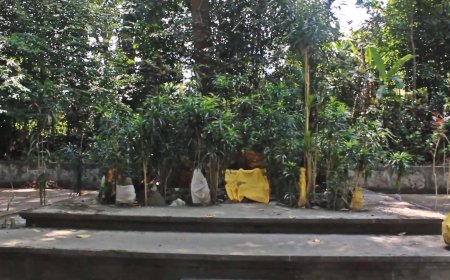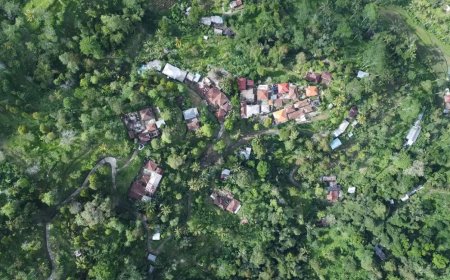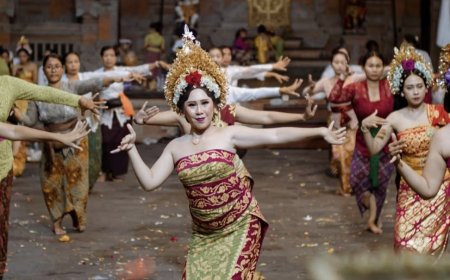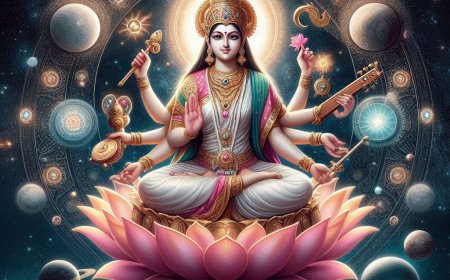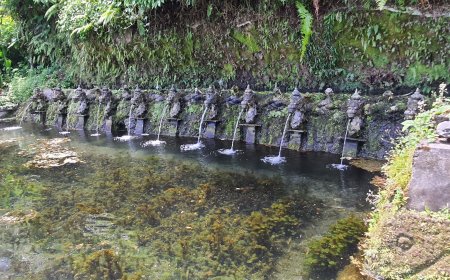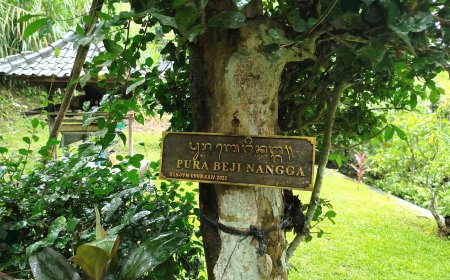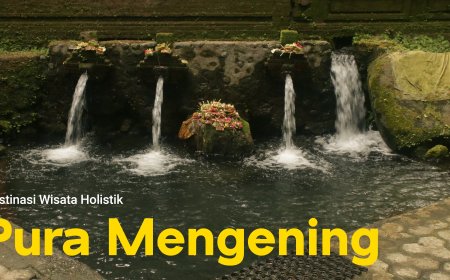The Charm of Beji Selaka Spring: A Natural Wonder with Spiritual Meaning
Beji Selaka Spring in Riang Gede Village, Tabanan, is a natural wonder that flows eternally and is filled with deep spiritual meaning. In addition to being a place for purification rituals, this spring also supports the subak irrigation system, which is essential for agricultural life. The pristine natural beauty and peaceful atmosphere make this place highly revered by the local community and attractive to visitors seeking inner peace.
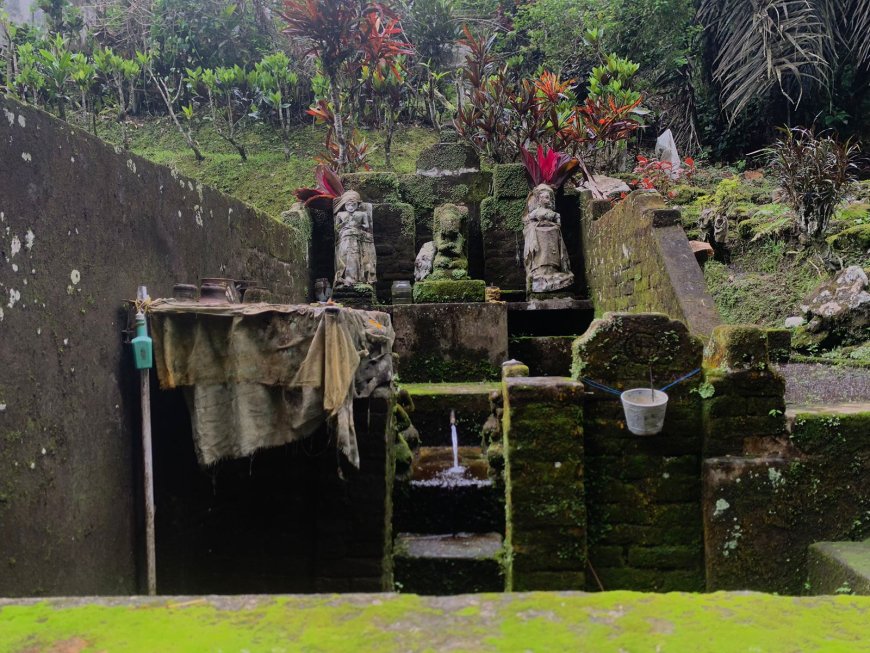
In Riang Gede Village, Penebel District, Tabanan, lies a natural wonder that not only captivates the eyes but also touches the soul. Beji Selaka Spring, a water source that never dries up, stands as a symbol of eternal natural strength. This place is also home to a small temple called Beji Selaka Temple, which is dedicated to honoring Lord Vishnu, the deity believed to govern water, fertility, and life. This temple serves not only as a place of worship but also as the center of the spiritual activities of the local community. Additionally, the spring at this temple has become an inseparable part of daily life, both spiritually and practically.
The name "Beji Selaka" comes from two words: "beji", which means a sacred water source, and "selaka", which symbolizes beauty and sanctity. This name reflects the community's belief in the sanctity of the spring, which is thought to possess spiritual energy capable of purifying the soul and body. The place is also believed to be where pure natural energy meets the prayers of humans. According to local legend, the name "Selaka" also refers to the glistening beauty of the spring, which appears like silver when touched by the morning sunlight. This aura is considered a divine blessing, making this place even more sacred to the Balinese people.
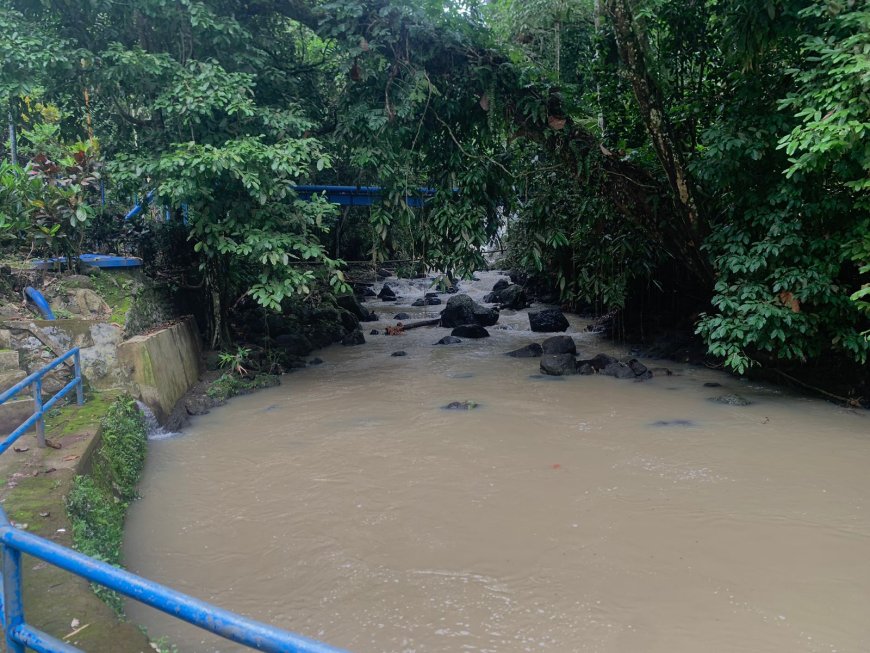
Yeh Nu River (Source: Personal Collection)
The construction of Beji Selaka Temple is estimated to have begun in the 8th century, based on archaeological relics found in the surrounding area. Ancient carvings on the large stones around the spring indicate the influence of the Hindu-Buddhist civilization in the region. The people of Riang Gede Village, along with local spiritual leaders and traditional Balinese architects (undagi), played a crucial role in its construction. To this day, they remain responsible for maintaining the temple and the spring area with deep reverence for their ancestral heritage. Religious rituals, such as the masucian or purification ceremony, are often held here as a symbol of cleansing the soul before conducting larger ceremonies.
The Piodalan (temple anniversary) at Beji Selaka Temple is celebrated every six months based on the Balinese calendar (Wuku), specifically on Tuesday Kliwon Wuku Dungulan, a day after Galungan Day. This celebration becomes an important moment for the community to gather, pray, and strengthen their spiritual connection with Sang Hyang Widhi Wasa. During the piodalan, the spring is adorned with palm leaf decorations, flowers, and incense, creating an atmosphere rich with religious nuance. Worshippers (known as pemedek) from various regions come to seek the blessings of purity and fertility from Lord Vishnu.
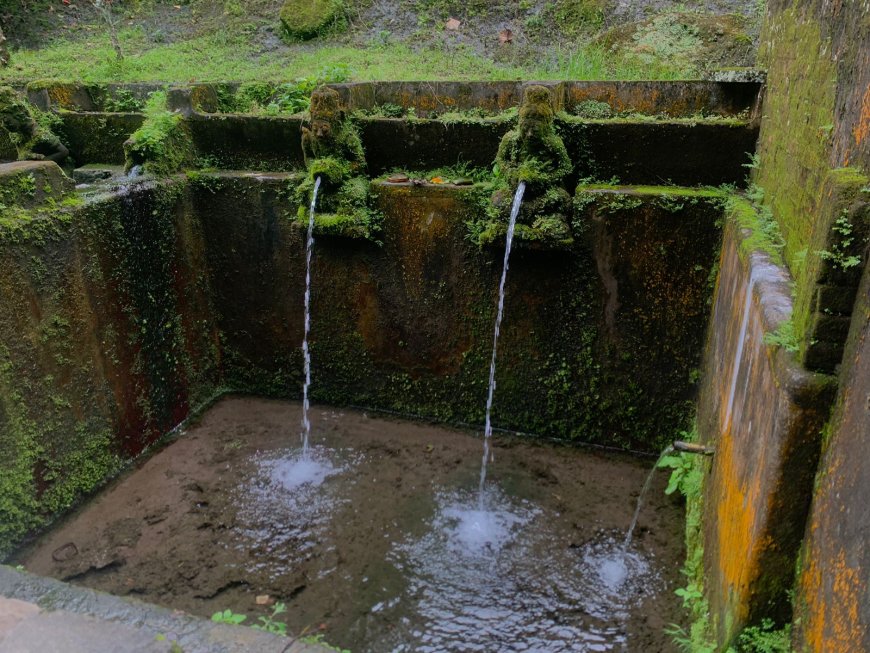
Beji Selaka Spring (Source: Personal Collection)
The location of Beji Selaka Spring is in a fertile valley, hidden away from the bustle of the outside world. Situated in Riang Gede Village, Penebel District, Tabanan Regency, this site is surrounded by lush tropical forests and the clear flow of the Yeh Nu River. To reach the spring, visitors must descend a path with hundreds of steps that pass through stretches of green forest. Although the journey to the location is challenging, the cool atmosphere and the sound of trickling water create a tranquility that is hard to find elsewhere. Visitors often experience inner peace after being there, making the place not only physically beautiful but also offering a deep spiritual experience.
According to local folklore, the existence of Beji Selaka Spring began with a legend about a holy hermit who performed deep meditation in this area long ago. The hermit prayed to Lord Vishnu to provide a source of life for the surrounding community. As an answer to the prayer, a spring emerged that flows eternally and never dries up, even during the dry season. This miracle made the spring revered as a divine gift that must be preserved and cared for with full spiritual awareness. Additionally, an ancient statue found inside a large tree near the spring further enhances the magical and spiritual impression of the place.
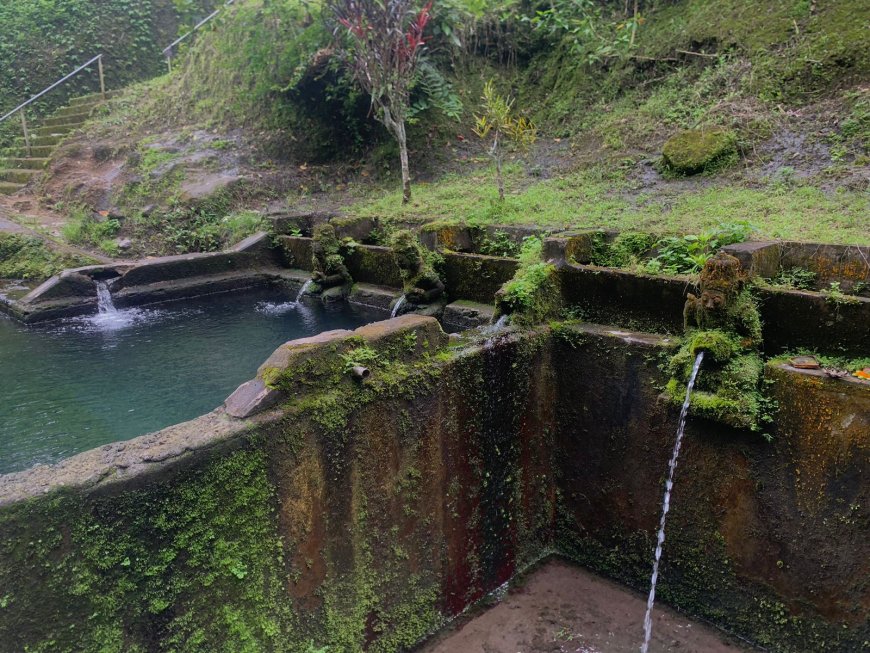
Beji Selaka Spring (Source: Personal Collection)
The presence of this spring also reflects the life philosophy of the Balinese people, known as Tri Hita Karana, which emphasizes balance between humans and God, humans and other humans, and humans and nature. The rituals performed at Beji Selaka Spring not only serve to purify the body physically but also strengthen the spiritual connection with Sang Hyang Widhi. Every drop of water flowing from this source seems to remind us of the importance of maintaining harmony between all elements of life.
Visitors to Beji Selaka Spring are often mesmerized by the peaceful atmosphere it offers. Aside from being a place for rituals, the spring also provides a profound spiritual experience for those who wish to meditate or simply enjoy the beauty of nature. This place teaches the importance of maintaining a balanced relationship with the environment, something that is increasingly relevant amid the environmental challenges faced by the world today. Beji Selaka Spring not only refreshes but also provides inspiration to live in greater harmony with nature.
